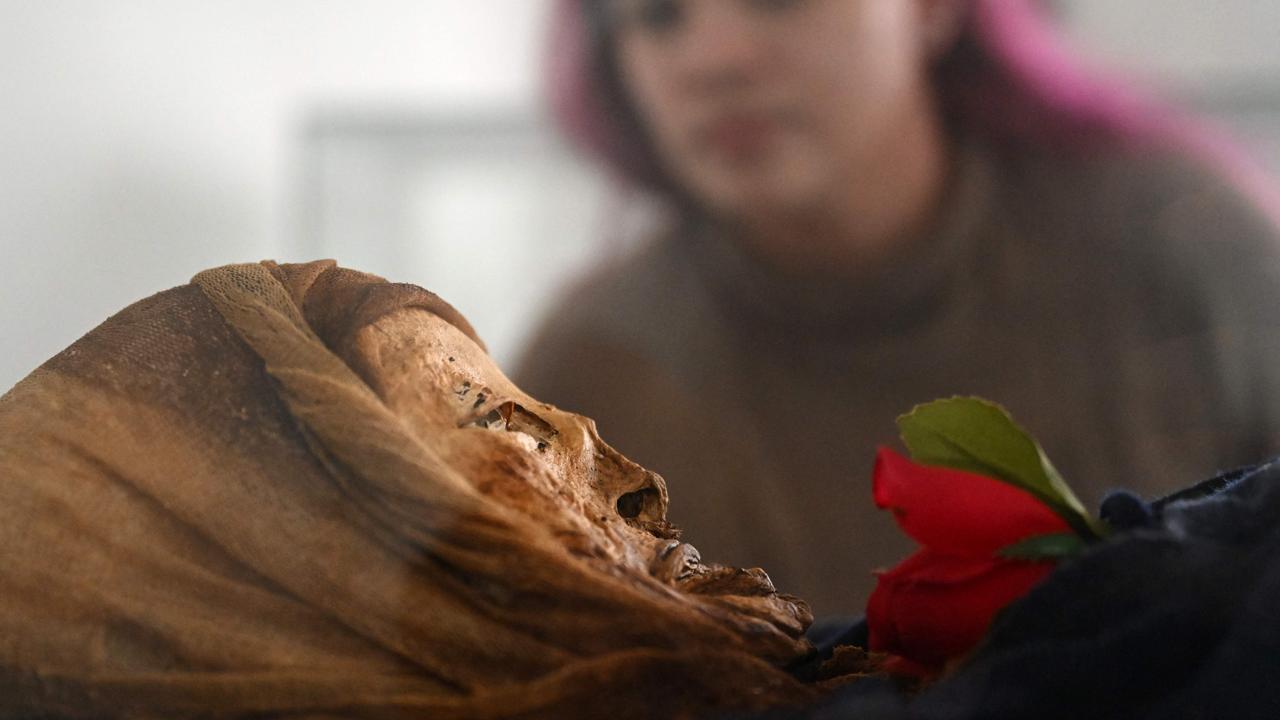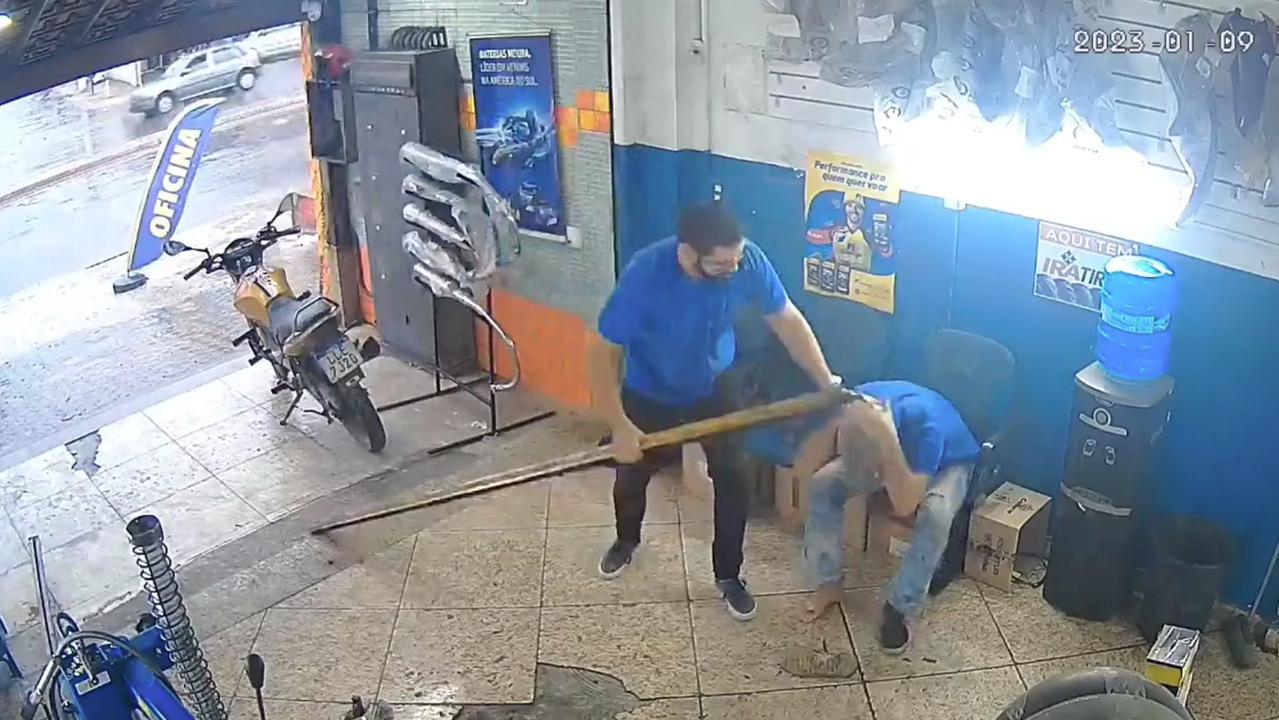Authorities reveal location of ‘holy grail’ shipwreck with $22 billion worth of treasure
FOR years authorities withheld the location of a sunken ship packed with gold that was known as the “holy grail” of shipwrecks.
A SPANISH galleon laden with gold that sank to the bottom of the Caribbean off the coast of Colombia more than 300 years ago was found three years ago with the help of an underwater autonomous vehicle operated by the Woods Hole Oceanographic Institution, the agency disclosed for the first time.
New details about the discovery of the San Jose were released on Monday with permission from the agencies involved in the search, including the Colombian government.
“We’ve been holding this under wraps out of respect for the Colombian government,” said Rob Munier, WHOI’s vice president for marine facilities and operations.
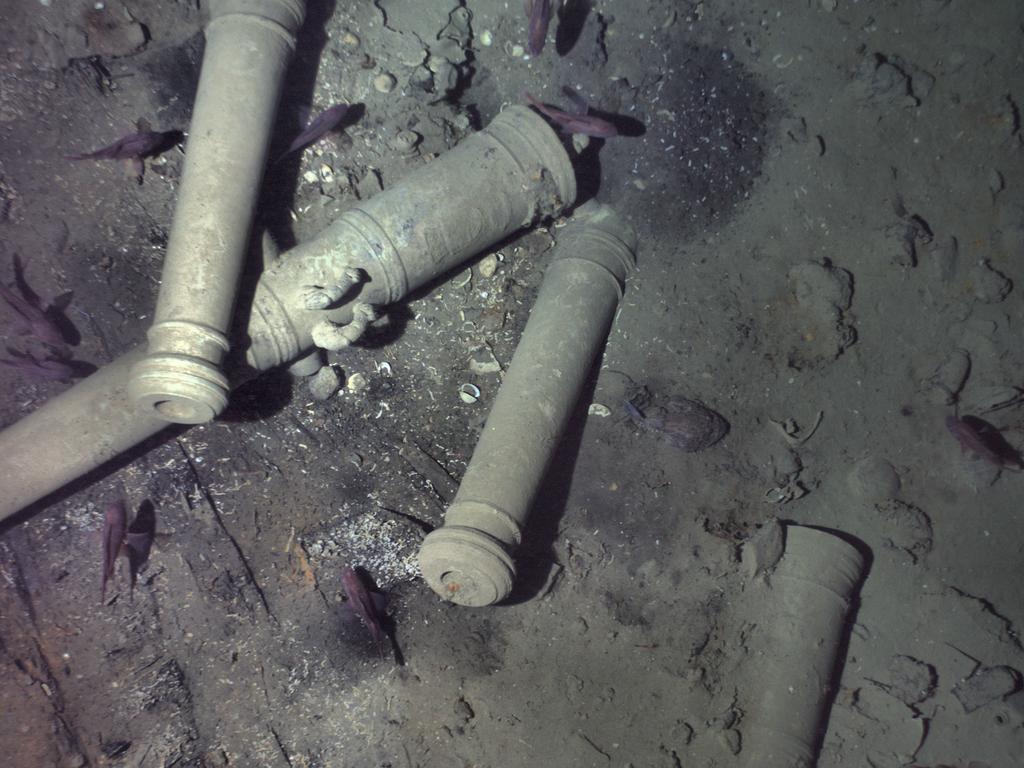
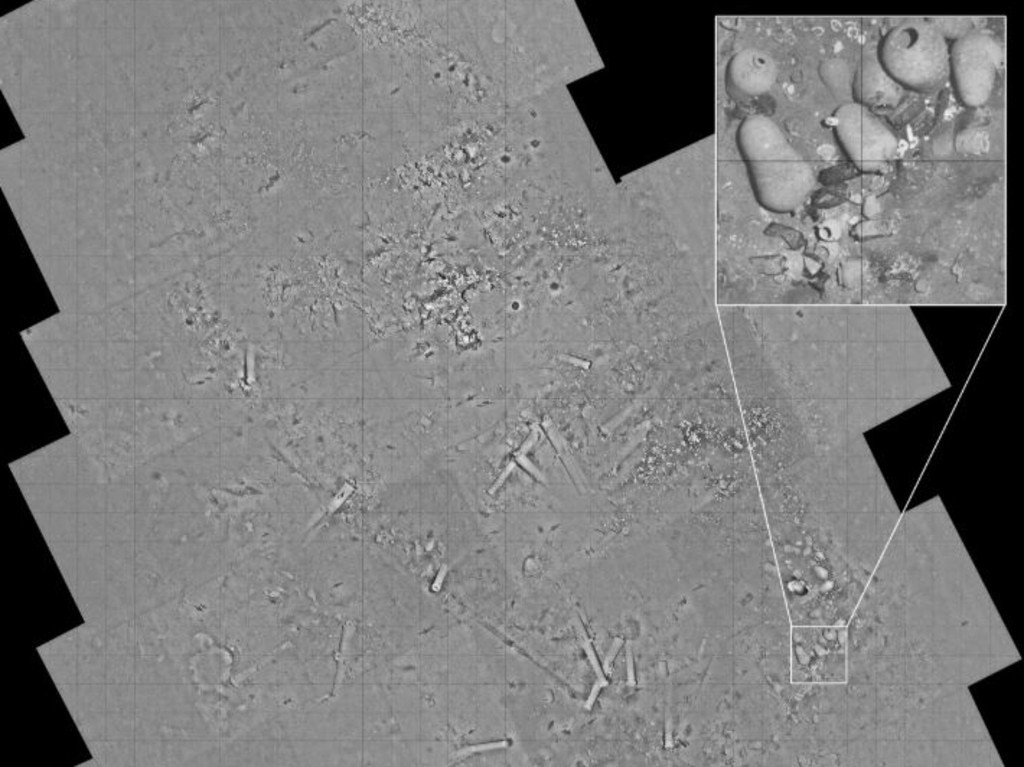
The exact location of the wreck of the San Jose, often called the “holy grail of shipwrecks,” was long considered one of history’s enduring maritime mysteries.
The 62-gun, three-masted galleon, went down on June 8, 1708, with 600 people on board as well as a treasure of gold, silver and emeralds during a battle with British ships in the War of Spanish Succession.
The treasure is worth as much as $22 billion by modern standards.
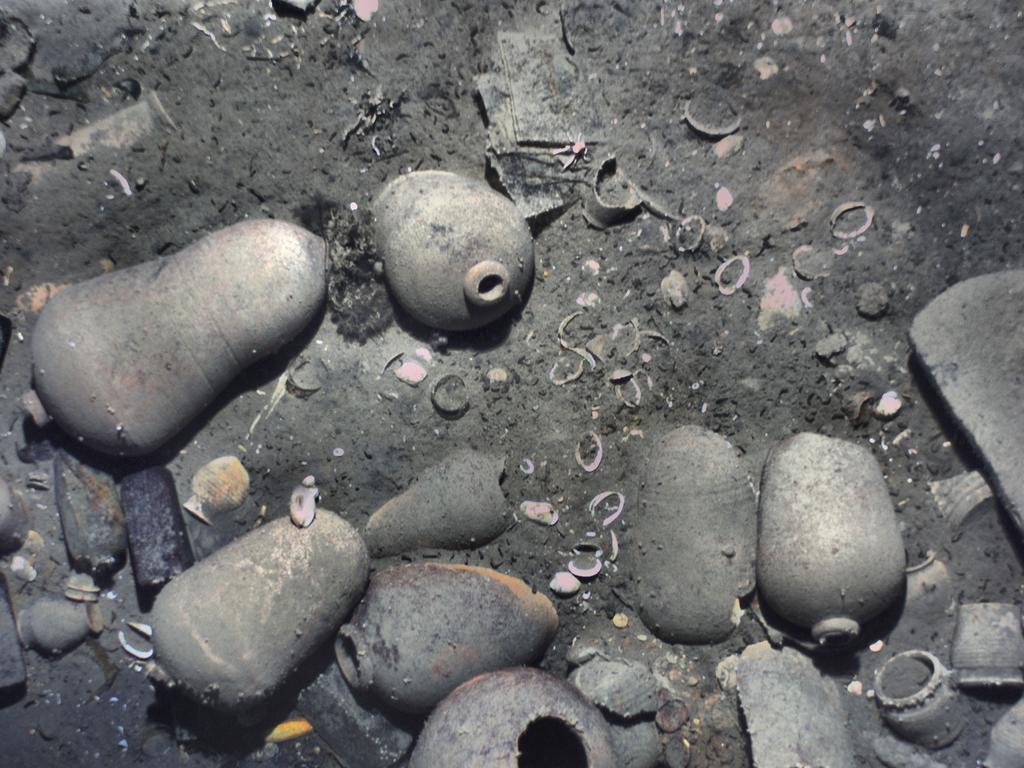
The Massachusetts-based WHOI was invited to join the search because of its recognised expertise in deep water exploration.
The institute’s autonomous underwater vehicle, REMUS 6000, helped find the wreckage of Air France 447 in 2011, which crashed in 2009 several hundred miles off the coast of Brazil. It was REMUS 6000 that in November 2015 took some side sonar images that found the San Jose in more than 600 metres of water.
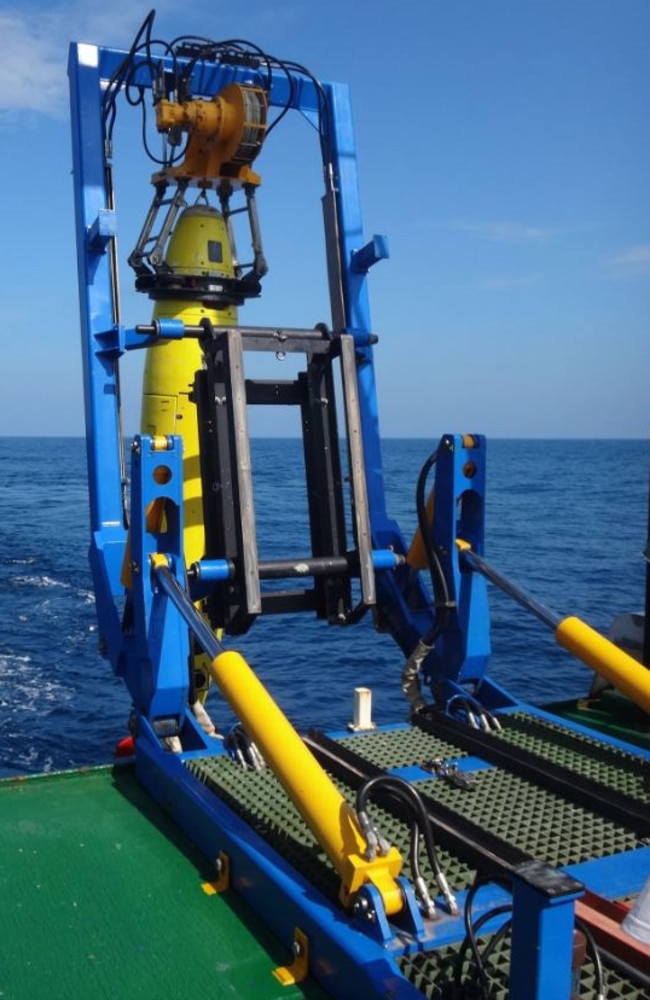
The vehicle descended to nine meters above the wreck to take several photographs, including some of the distinctive dolphin engravings on the San Jose’s cannons, a key piece of visual evidence.
“The wreck was partially sediment-covered, but with the camera images from the lower altitude missions, we were able to see new details in the wreckage and the resolution was good enough to make out the decorative carving on the cannons,” said WHOI engineer and expedition leader Mike Purcell.
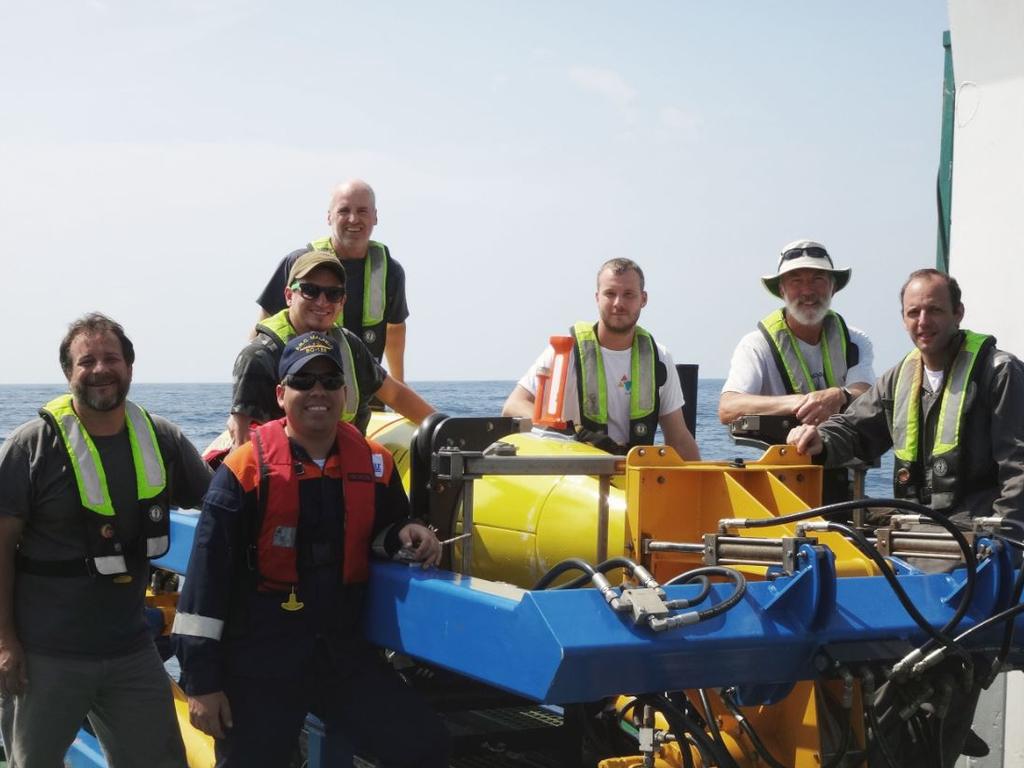
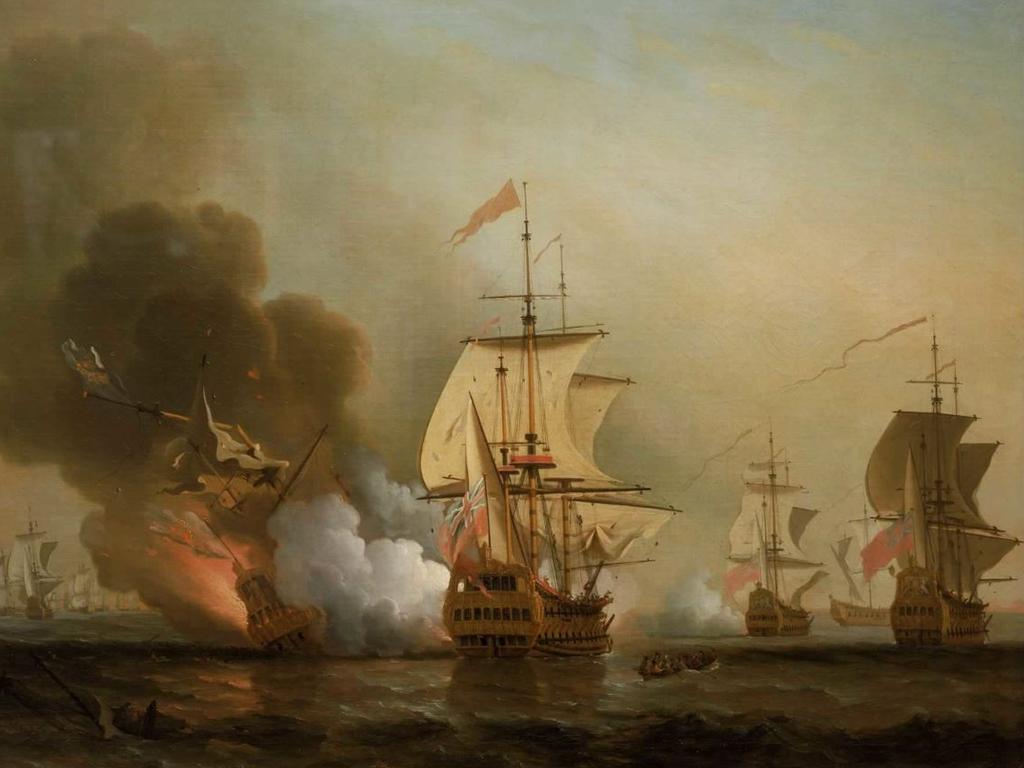
“It was a pretty strong feeling of gratification to finally find it,” said Munier, who was not at the site but learned in a phone call from Purcell. “It was a great moment.”
The treasure has been the subject of legal battles between several nations as well as private companies.
Several weeks ago, UNESCO, the United Nations cultural agency, called on Colombia not to commercially exploit the wreck, whose exact location remains a state secret.
As for the treasure, that remains on the sea bed — for now.

